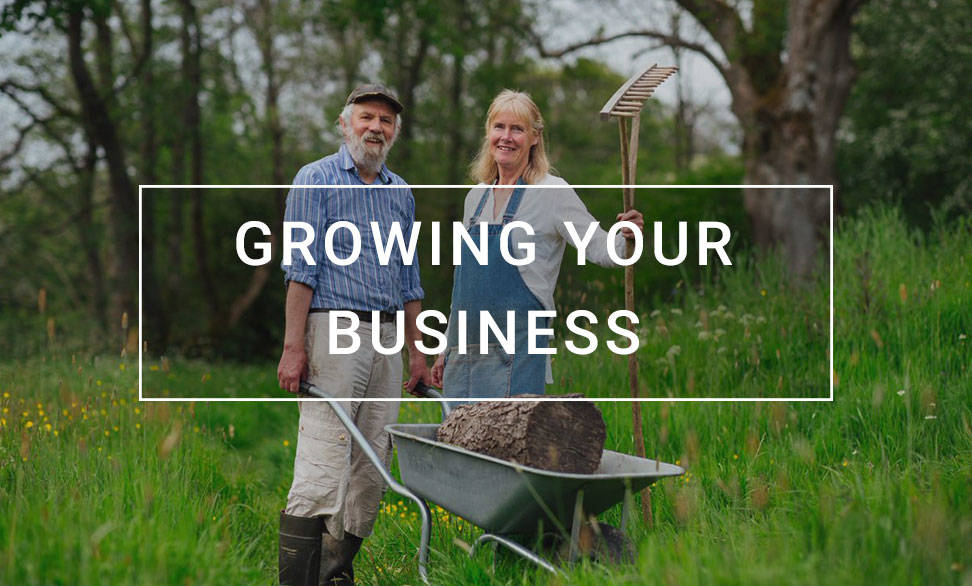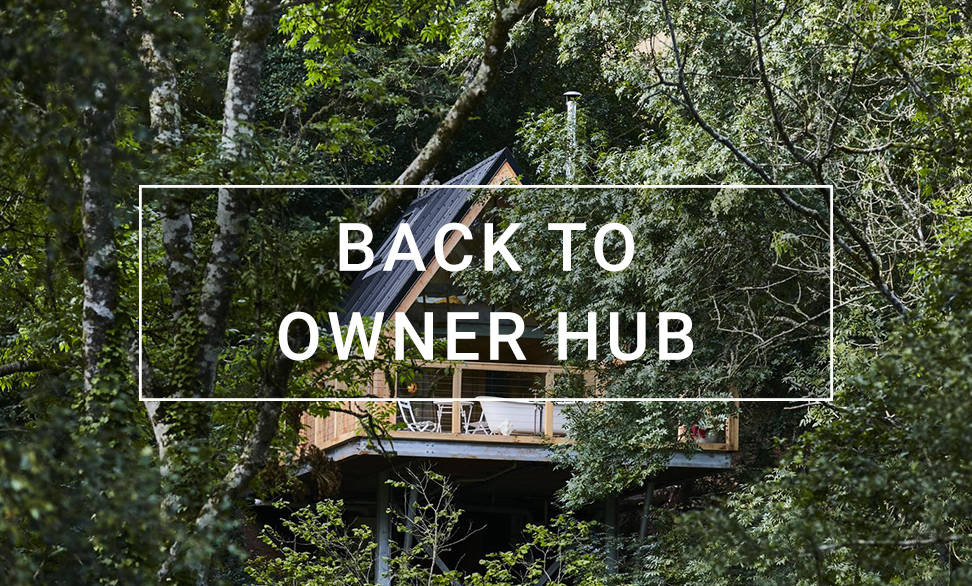Grant funding for your glamping project – The Rural England Prosperity Fund
As the name suggests, the aim of the Rural England Prosperity Fund (REPF) is to support new & existing rural businesses and community infrastructure to benefit the local economy. It is the latest iteration of the Rural Development Programme for England which was launched in September 2022. Chosen local authorities are granted the top-up rural fund as part of their UKSPF (UK Shared Prosperity Fund) allocation, which the county council will then award to projects locally after approving they meet the funding criteria.
Whilst round 1 has already happened and was focussed on large scale rural projects, we are anticipating a round 2 and 3 later in 2023 which we hope will focus on smaller projects. Therefore, it’s worth having awareness of the fund, its criteria and how to make an application if you have a new project on the horizon.
What are the criteria for the REPF?
- You must use funding on capital projects. This means you must spend grants on lasting assets such as a buildings or equipment.
- Rural tourism project examples include investments in visitor accommodation and farm diversification for event venues
- Grants must be for business or community purposes. You cannot use grants to fund domestic property improvements or to buy private vehicles.
- You cannot spend grants on revenue costs such as running costs or promotional activities.
- Your business must be based in the local authority that you have applied through and be registered as a business with Companies House or HMRC.
- When the next round opens and your county has been awarded the Rural Fund, you can use the Rural England Prosperity Fund mapping tool to check you sit within the confirmed rural area which has been decided for the purposes of the fund. (Click on 'administrative geographies' in the table of contents, then 'other administrative boundaries' and then select 'Rural England Prosperity Fund' as a layer.)
- You must have spent all your grant by the end of the funding period (currently March 2025)
What is involved in the application process?
You will need to submit an Expression of Interest for your Capital project (much like a pre-planning application) via your local authority. This is generally a form on the local authority’s website, or you may need to get in touch with them directly. The form will include several questions including the objective of your project, how it aligns with the fund criteria, who will benefit, how much it will cost and why the grant is needed.
If this is successful, you will be notified and then required to complete a full application for formal assessment. The full application will build on the EOI, asking for more details about any changes to the project size as well as copies of evidence such as quotes/tenders, financial accounts, permissions, licenses etc. where applicable.
What will you need to have in place for the full application?
Aside from the standard elements such as your farm SBI number, planning permission is a crucial element to this process.
You will not need to have planning in place at EOI stage but for your full application to stand a good chance of success, full planning permission will ideally be in place. If this is not the case projects that do have planning in place will be given precedence. As a company, we have considerable experience in this area so we can source you the relevant planning permissions required for your project to enable you to access funding.
The environment and net zero
You should also consider how investments contribute to net zero and nature recovery objectives.
These include:
- The UK’s commitment to cut greenhouse gas emissions to net zero by 2050
- Wider environmental considerations, such as resilience to natural hazards
- The 25 Year Environment Plan commitments
As part of our approach as a company and specifically when designing planning applications, our consultancy has a core focus on net gain and biodiversity and environmental enhancements. This approach goes hand in hand with objectives set out in the fund working with the natural environment to achieve these goals.
At a minimum, you need to consider the project’s impact on our natural assets and nature, and we can assist clients in this area throughout the process.
Projects will be prioritised that deliver the greatest economic, environmental, and social benefits. Rural Fund projects can be part of a wider UKSPF intervention. They can provide extra funding where the objectives are the same to add value.
Case Study - Farm diversification - development of glamping site on farm
A former LEADER farm diversification project received funding for glamping facilities. This capitalised on the growing demand for tourism in natural locations. It led to extra business for local pubs, restaurants, and rural tourist attractions. It also had positive environmental impacts, showing visitors the local wildlife. The accommodation was low impact, using renewable energy and cabins made from natural materials. The new stream of income meant the farm employed seasonal workers, supporting the local economy.
What happens after the application has been made?
Once your application has been submitted, it will go to a REPF panel in the council who will decide if the full application is successful and if a grant offer can be made. Until this point, applicants must not start work or buy anything for the project until they have received a grant funding agreement.
If you would like support with the REPF including checking eligibility, creating an EOI and a full application, we offer this service through our in-house consultancy service. Please email lisa.wilson@canopyandstars.co.uk if you have any questions.


